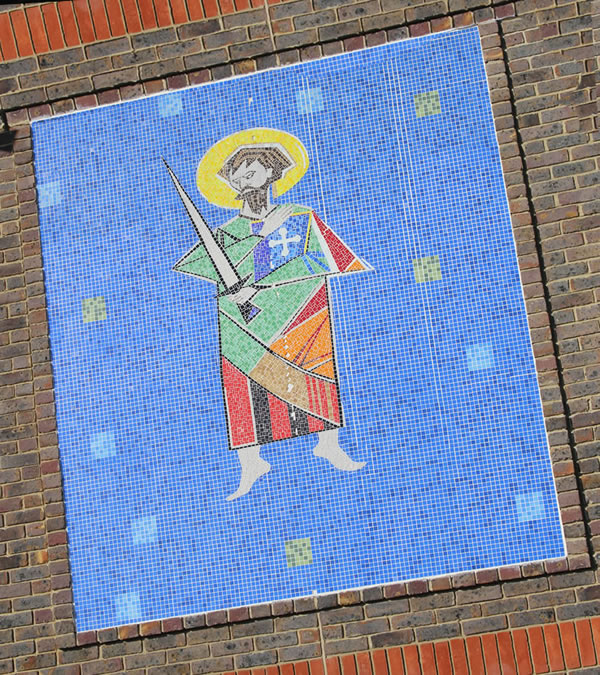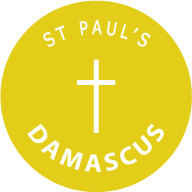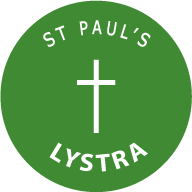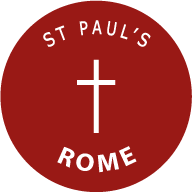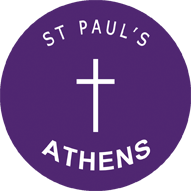Our Patron Saint
“Jesus appeared to Paul in a great light”Paul the Apostle, originally born as Saul, a Jew, in Tarsus (modern day Turkey) in the first century, is recognised as one of the most important and influential of all the saints.
St Paul's life
Saul, as he was known then, was thought to have supported the persecution of the early disciples of Jesus in the area of Jerusalem until he travelled on the road from Jerusalem to Damascus. He was on a mission to "bring them which were there bound unto Jerusalem, for to be punished" when the resurrected Jesus appeared to him in a great light. Saul was struck blind, but after three days his sight was restored by Ananias of Damascus, and Paul began to preach that Jesus of Nazareth is the Jewish Messiah and the Son of God. It was at that time Saul was baptised and took the name Paul.
Paul travelled tens of thousands of miles around the Mediterranean spreading the word of Jesus. You will recognise some of the cities that Paul visited as the five Houses used at St Paul's Catholic College: Corinth; Damascus; Lystra; Valletta and Rome. During his travels, Paul preached ceaselessly, often drawing criticism and ire from those who rebuffed his message. Jews, in particular, hated his preaching as they saw him convert people from Judaism to Christianity.
He was imprisoned in Spain, Malta and Rome for preaching but this imprisonment didn’t stop him spreading the word of God. When Paul was arrested in Rome for a second time in 67AD, he was beheaded under the Emperor Nero. Paul's writings are important because they provide good advice for how Christians should live.

